Anatomy And Physiology Digestive System
Physiology of the digestive system specifically the digestive system takes in food ingests it breaks it down physically and chemically into nutrient molecules digests it and absorbs the nutrients into the bloodstream then it rids the body of indigestible remains defecates. The organs of the alimentary canal are the mouth pharynx esophagus stomach small intestine and large intestine.
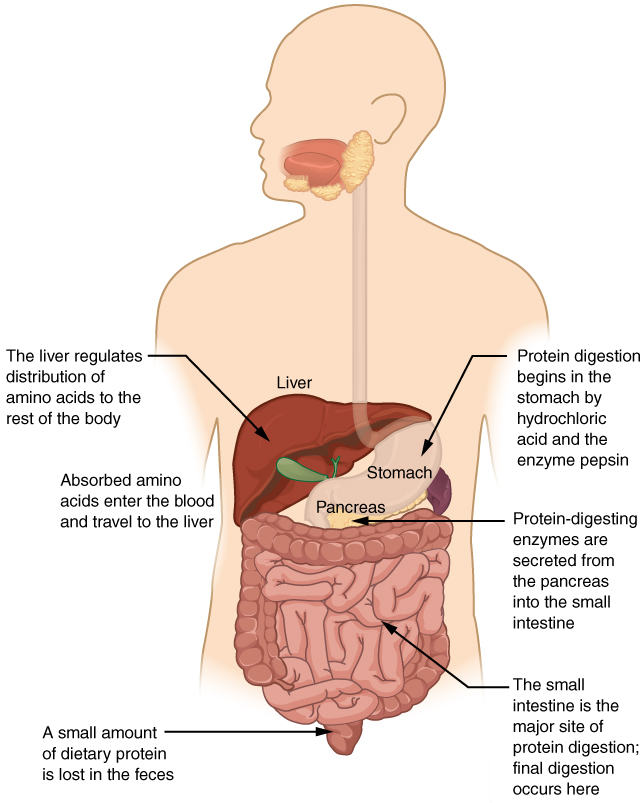 23 7 Chemical Digestion And Absorption A Closer Look
23 7 Chemical Digestion And Absorption A Closer Look
Secretion of fluids and digestive enzymes.
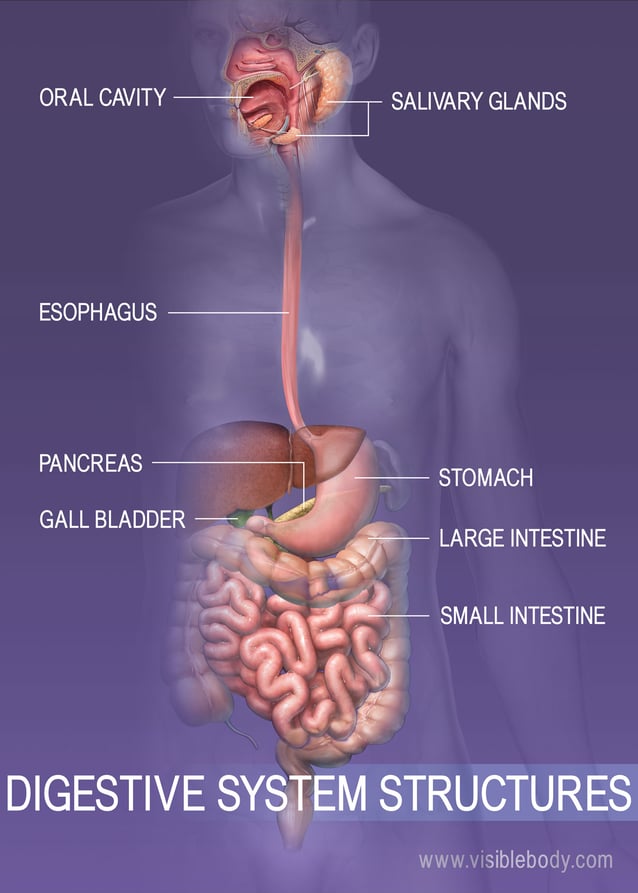
Anatomy and physiology digestive system. A trypsinogen and chymotrypsinogen b pancreatic lipase and c amylase. Duodenum jejunum and the ileum. It comprises the portion of the alimentary canal from the end of the foregut at the opening of the bile duct to the hindgut about two thirds of the way through the transverse colon.
The accessory digestive organs include the tongue teeth gallbladder salivary glands liver and pancreas. The digestive system includes the organs of the alimentary canal and accessory structures. It is divided into three main segments.
While the teeth and tongue lie within the mouth the digestive glands and gallbladder actually lie outside of the gi tract and connect to it through pathways called ducts. In length in an adult. From appetite suppression to constipation.
Questions about the gi tract. Digestion of food into smaller pieces. Age related changes in the digestive system begin in the mouth and can affect virtually every aspect of the digestive system.
The alimentary canal forms a continuous tube that is open to the outside environment at both ends. The alimentary canal forms a continuous tube that is open to the outside environment at both ends. Mixing and movement of food and wastes through the body.
The pancreas produces a number of enzymes used in the process of digestion. Linked to the maturity 2 case unit. The portion of the embryo from which most of the intestines develop.
The small intestine is 8 22 ft. The digestive system includes the organs of the alimentary canal and accessory structures. The six primary processes of the digestive system include.
Taste buds become less sensitive so food isnt as appetizing as it once was. The organs of the alimentary canal are the mouth pharynx esophagus stomach small intestine and large intestine.
 Anatomy And Physiology Ii Digestive System Part B
Anatomy And Physiology Ii Digestive System Part B
Digestive System Anatomy Of The Pancreas Liver And The
 Digestive System Anatomy And Physiology Of The Digestive
Digestive System Anatomy And Physiology Of The Digestive
 Mblex Review Digestive System Anatomy And Physiology
Mblex Review Digestive System Anatomy And Physiology

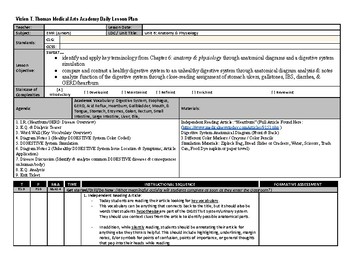 Anatomy Physiology Digestive System Emt Lesson Plan
Anatomy Physiology Digestive System Emt Lesson Plan
Digestive System Anatomy Of The Mouth Esophagus And Sto
 Human Body Human Anatomy Physiology Digestive System Of
Human Body Human Anatomy Physiology Digestive System Of
 Anatomy Of The Digestive System Lovejoy Anatomy And Physiology
Anatomy Of The Digestive System Lovejoy Anatomy And Physiology
 10 Facts About The Digestive System
10 Facts About The Digestive System
 Digestive Tract Pathophysiology Nursing Healthscience
Digestive Tract Pathophysiology Nursing Healthscience
 What Are All The Components Of The Digestive System Socratic
What Are All The Components Of The Digestive System Socratic
 Human Physiology The Gastrointestinal System Wikibooks
Human Physiology The Gastrointestinal System Wikibooks
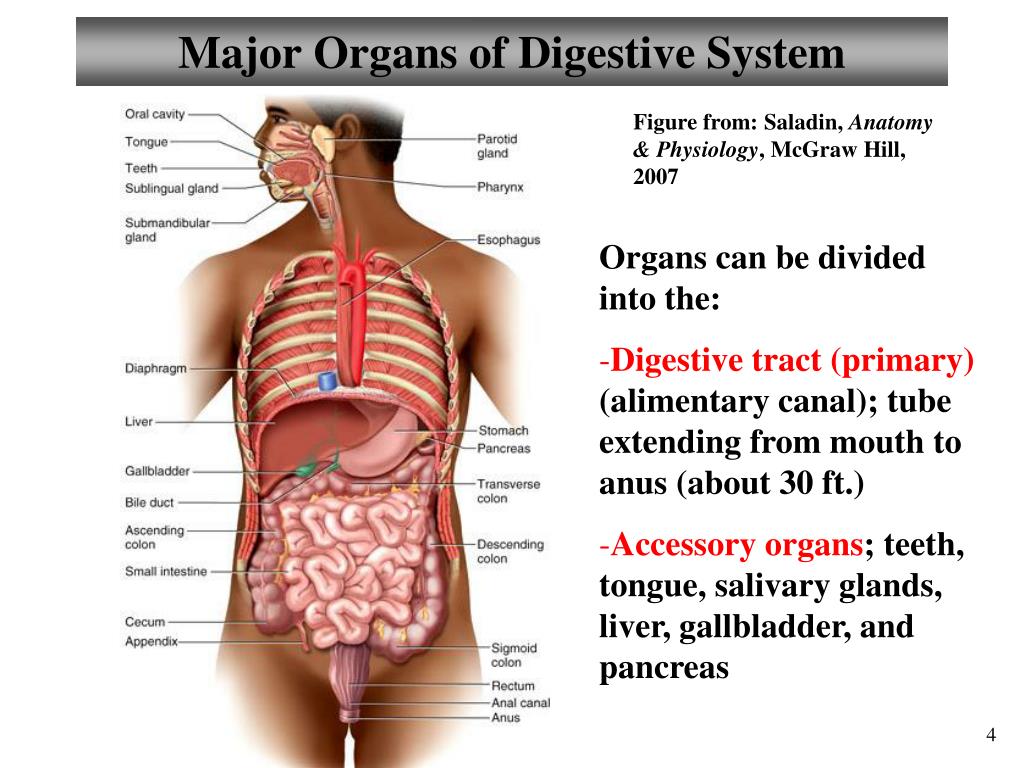 Ppt Chapter 23 Digestive System Lectures 9 10 Powerpoint
Ppt Chapter 23 Digestive System Lectures 9 10 Powerpoint
 Accessory Organs In Digestion The Liver Pancreas And
Accessory Organs In Digestion The Liver Pancreas And
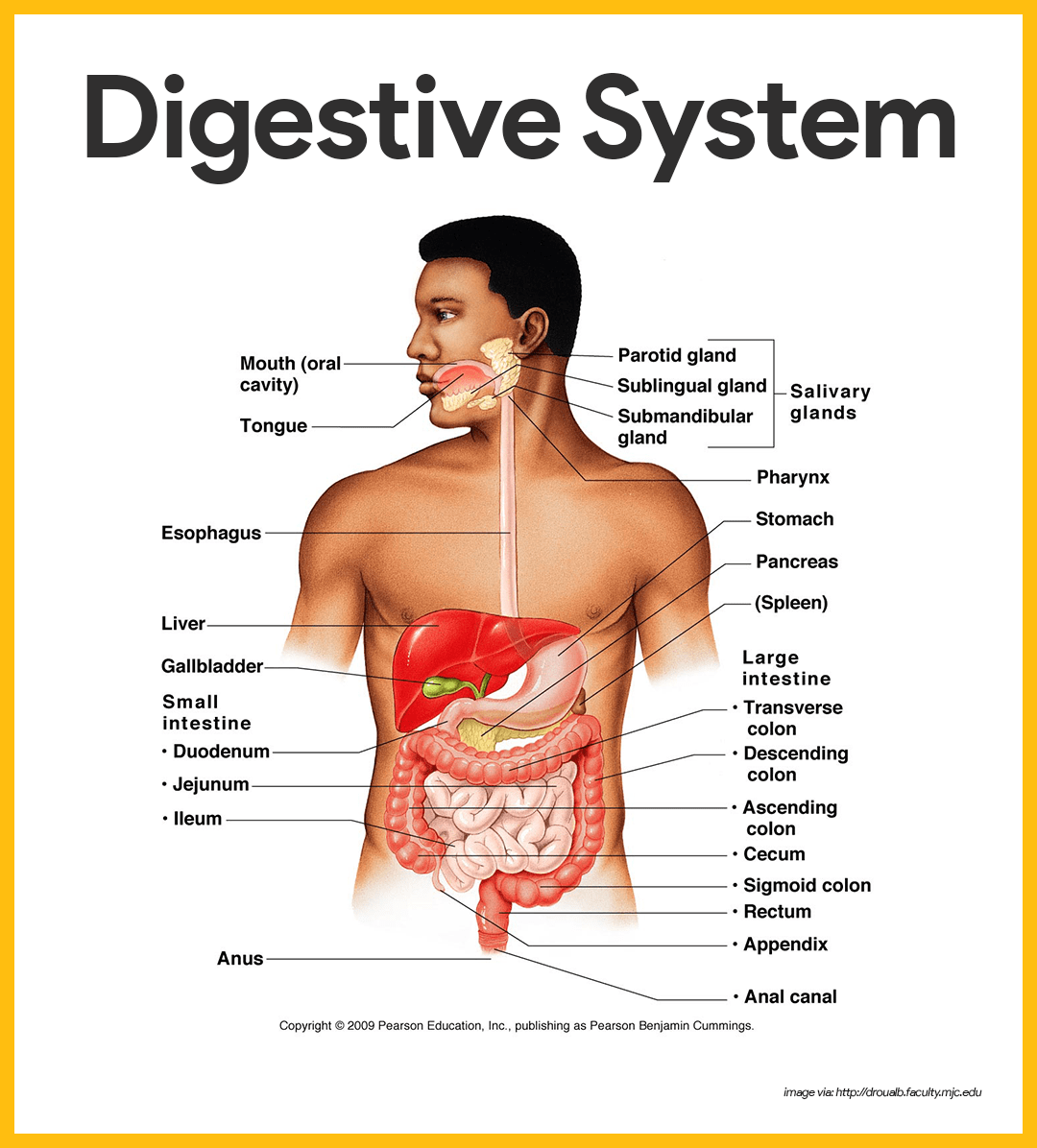 Digestive System Anatomy And Physiology Nurseslabs
Digestive System Anatomy And Physiology Nurseslabs
 2 Feven Kahsay Digestive System Anatomy Physiology
2 Feven Kahsay Digestive System Anatomy Physiology
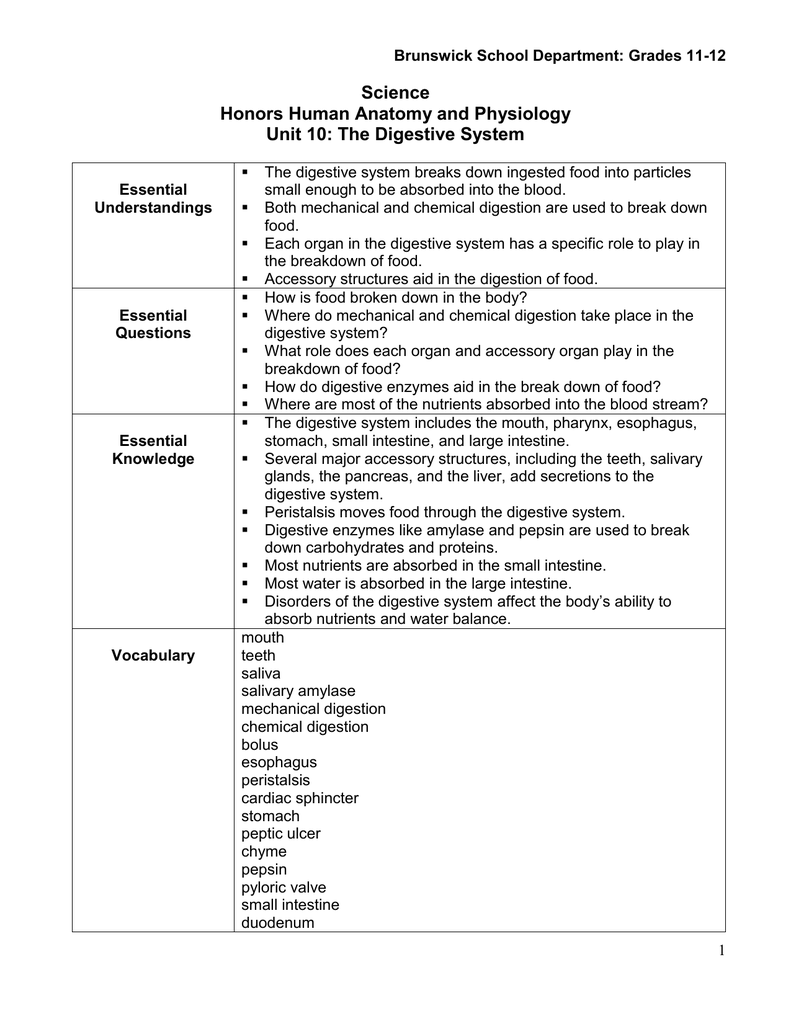 Science Honors Human Anatomy And Physiology Unit 10 The
Science Honors Human Anatomy And Physiology Unit 10 The
 Human Digestive System Anatomical Poster Physiology Chart Of Oral Cavity Glands Stomach Liver Pancreas And Duodenum Silk Size 24 Width X 32
Human Digestive System Anatomical Poster Physiology Chart Of Oral Cavity Glands Stomach Liver Pancreas And Duodenum Silk Size 24 Width X 32
 Digestive System Overview Anatomy Physiology
Digestive System Overview Anatomy Physiology

Black Rhino Husbandry Physiology
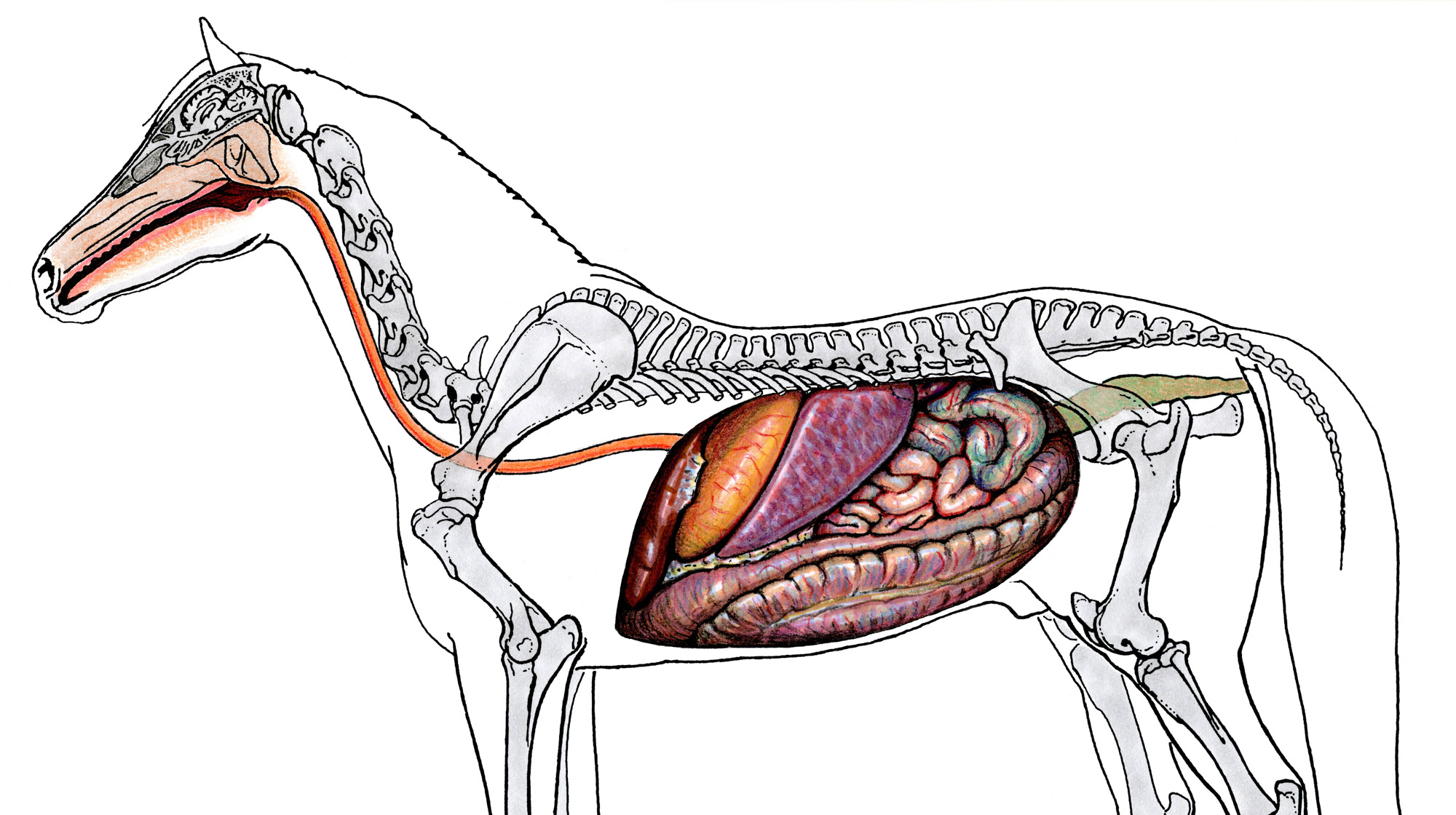
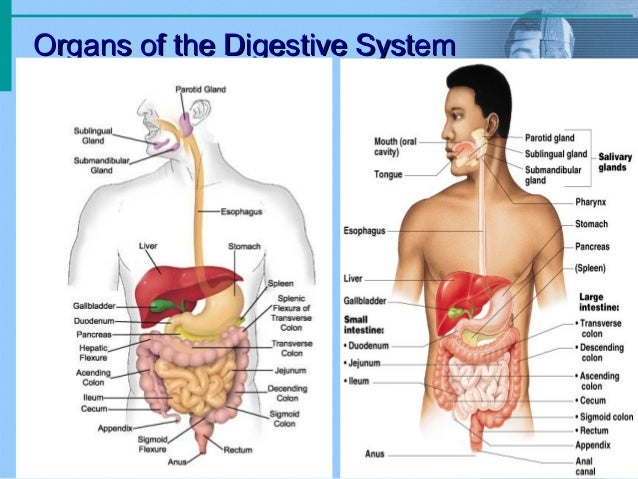
Belum ada Komentar untuk "Anatomy And Physiology Digestive System"
Posting Komentar